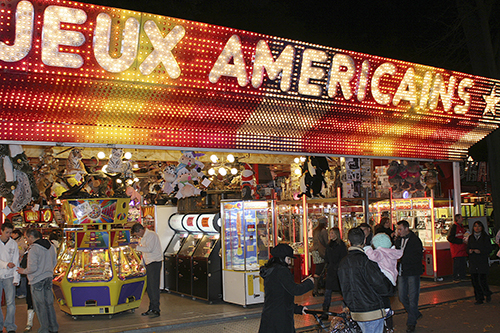All change for Belgium’s gaming and amusement markets?

DISCUSSIONS within the gambling industry in Belgium have largely centred on one thing in recent years – online gaming.
The government’s approach has been to guard against losing revenues to foreign operators by insisting that only companies with a land-based gambling licence can obtain an online one.
Much legal wrangling later, this regime appears to have passed the European Commission’s test criteria and is progressing well. While on the one hand this stance was designed to appease the land-based businesses afraid of losing out to online providers, on the other it nonetheless poses a significant challenge for the concept of land-based gaming itself.
Taxation has been a huge issue for many and was cited by the casino industry as its biggest burden, with some locations haemorrhaging money in recent years (including one said to be losing nearly €1m a month). While the nine big casinos have complained about the unfair competition from the 180 or so gaming arcades, which can offer slots and electronic multiplayer tables, both have also had to contend with the negative impact of a smoking ban. Single site operators, permitted a maximum of two machines per location, meanwhile, have seen turnover improve in recent years but not to the level experienced before the economic downturn struck Europe.
A number of land-based businesses, both casinos and arcades, have taken the opportunity to explore the new online gambling market, receiving enhanced licences from the government. This is evidently an attempt to regain the initiative and boost revenues. Industry association Union Belge de l’Automatique has also proposed changes to the country’s gambling legislation, such as use of credit and debit cards in gaming arcades and additional types of games for both arcades and single sites, in order to help businesses attract new players.
Read the full article in the September issue of InterGame.

